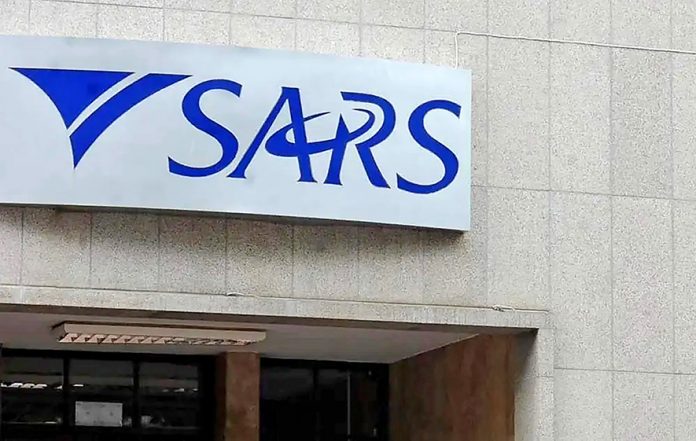Contrary to the reservations of the Parliamentary independent panel of experts regarding President Cyril Ramaphosa’s account of the legality of the stolen Phala Phala game farm dollars, South African Revenue Services (Sars) CEO Edward Kieswetter has found no tax compliance violations.
It’s the first time a state official has publicly contradicted former chief justice Sandile Ngcobo’s Phala Phala investigation into Ramapahosa and his controversial game farm business after a stack of foreign currency hidden in a sofa was allegedly stolen from the property in 2020.
The panel report has to date been the only authoritative source on Phala Phala and every new information, like the Sars statements this week, would be benchmarked against the findings of the panel.
Given that the Ngcobo panel report has been in the public domain for three months since it was published in December last year, Sa rs would have been aware of the red flags the parliamentary panel spotted.
However, Kieswetter was this week determined to say as little as possible on a matter that both the revenue collector and Ramaphosa voluntarily brought into the public domain.
The first Sars media statement on Tuesday confirmed that the so-called buffalo trader and Sudanese businessman Hazim Mustafa had not declared the foreign currency when he allegedly entered South Africa via OR Tambo in December 2019.
It is the second statement regarding the tax compliance status of Ramaphosa and Phala Phala that has Sars in a pickle.
The spokesperson for Sars, Anton Fisher, said on Thursday that the revenue collector stood by its opinion. He referred to television interviews Kieswetter conducted for
further clarity.
Pressed to explain how Sars overcame some of the hurdles that troubled the Ngcobo panel, including the validity of the copy of a receipt that Ramaphosa had submitted as proof that the alleged $580 000 transaction was for the sale of 20 buffaloes, Fisher referred queries to the head of communications and media Siphiti Sibeko.
The Ngcobo panel was also unclear whether the Phala Phala game farm was a registered value-added tax vendor, which would have required Ramaphosa to pay Sars at least 15% of the then R8.7-million transaction.
But as per Sibeko, there was no need for further clarification in respect of the validity of the disputed receipt, which would have been assessed by Sars to arrive at a finding of a clean bill for Ramaphosa and his entity.
He also refused to confirm whether Phala Phala was a registered tax vendor.
In the Tuesday television interviews Fisher referred to, Kieswetter tiptoed around the direct question whether the Phala Phala transaction was declared. In the follow up interview a day later on another channel he seemed more prepared. He said that in assessing the returns from Ramaphosa and his entities, “Sars is confident that all income has been declared and the allowable cost has been deducted and that there are no outstanding returns”.
He said the role of Sars was to verify “whether or not a transaction took place, not necessarily whether the transaction was paid for in cash or in an EFT”.
“We can confirm that a transaction did take place and it is on that basis that we have made the assessment of the taxpayers liability and have issued a statement that the taxpayer is compliant,” said Kieswetter.
He said Sars audited Ramaphosa’s finances independent of the Phala Phala allegations. The system picked taxpayers to assess based on a “selection criteria” and “there is no preferential treatment”.
Acting public protector Kholeka Gcaleka has also cleared Ramaphosa of all Phala Phala allegations that her office probed, according to a leaked draft report.
Follow @SundayWorldZA on Twitter and @sundayworldza on Instagram, or like our Facebook Page, Sunday World, by clicking here for the latest breaking news in South Africa. To Subscribe to Sunday World, click here



